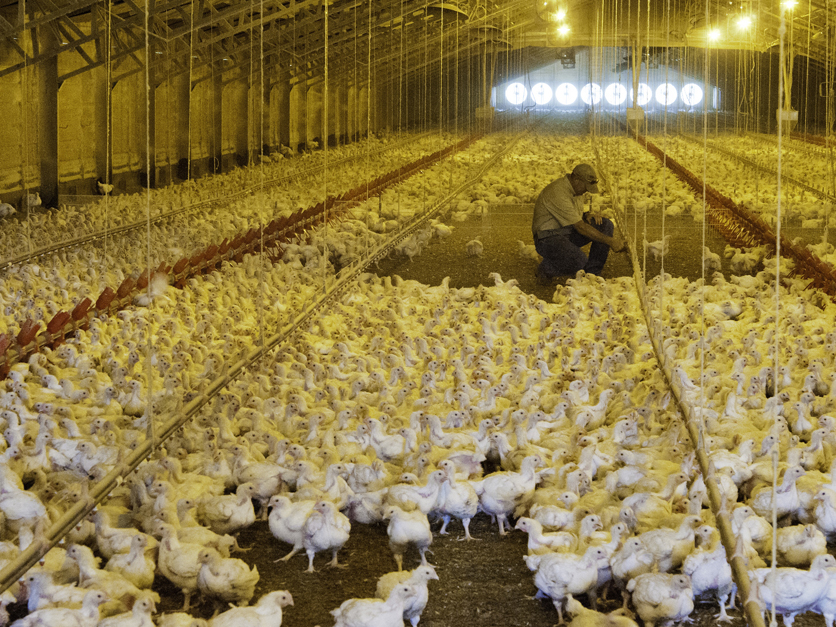The Department of Agriculture is proposing new criteria to determine if a producer is receiving unfair treatment from a packer or integrator.
Under a proposed rule that will be published Monday in the Federal Register USDA would be charged with evaluating claims on a case-by-case basis to conclude whether or not a “packer, swine contractor, or live poultry dealer has made or given any undue or unreasonable preference or advantage to any person or locality” in a way that would violate the Packers and Stockyards Act.
Under the proposed rule, the criteria for unfair treatment of producers would include, but not be limited to, whether the preference:
- Can’t be justified on the basis of cost savings;
- Can’t be justified on the basis of meeting the terms or prices offered by a competitor;
- Or can’t be justified as a “reasonable business decision that would be customary in the industry.”
The new rule follows the 2017 withdrawal of an Obama-era proposal dubbed the “GIPSA rule” after the former Grain Inspectors Packers and Stockyards Administration, which has since merged into USDA’s Agricultural Marketing Service. At the time of withdrawal, Ken Maschhoff, then the president of the National Pork Producers Council, said the GIPSA rule “would have restricted the buying and selling of livestock.”
However, small farmer advocates say the rules are necessary to prevent unfair treatment of small growers by integrators through unfavorable contracting practices. They say the rules originally rolled out by the Obama administration were necessary to give producers protection from things like tournament pricing, mandated facility improvements, and retaliation from integrators for speaking out against the current pricing system.
The National Sustainable Agriculture Coalition welcomed the release of the proposal but raised some concerns about it.
Interested in more coverage and insights? Receive a free month of Agri-Pulse or Agri-Pulse West by clicking here.
“Their proposed criteria focus solely on business justifications, which could be very helpful depending on how they are interpreted and whether or not they are actively enforced," said Candace Spencer, a policy specialist for the group.
"One major concern we have about the criteria, however, is that they include language that would judge undue preference by whether or not such behavior can be considered customary for the industry. Unfair competition and undue preference has unfortunately become customary for the industry – that does not mean it should be endorsed."
The North American Meat Institute, which represents processors, said it would be reviewing the proposal to make sure it wouldn't lead to what the industry considers unnecessary lawsuits against packers.
"Any rule must protect marketing agreements between packer/processors and livestock producers, which provide stability to the industry and benefits consumers with lower prices and better quality meat and poultry. Eight federal appellate courts have concluded that the Packers and Stockyards Act requires a plaintiff to show actual or likely harm to competition," the group said.
Updated at 2 p.m. EST with comment on the proposal.
For more news, go to www.Agri-Pulse.com.



